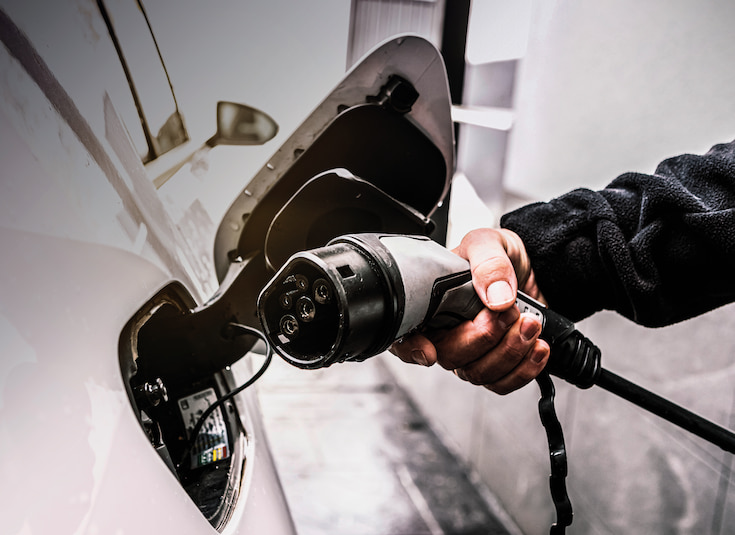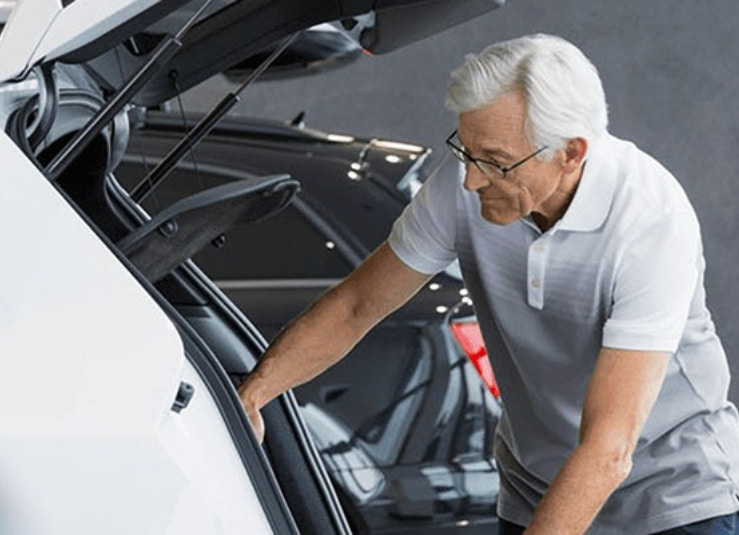
EV driving hub
Tips, guides and tools

Electric car grant update
On 15 July 2025 the Department for Transport (DfT) announced a £650 million scheme to support the transition to zero emission motoring.
Learn what it could mean for you.

Switch to an EV
Thinking of switching to electric? Look at the benefits and the challenges of switching to an electric vehicle.

Choose the right EV
Which electric vehicle is right for you? Consider range, size, costs and hybrid or full electric.

Own an EV
Get the most from your electric vehicle. Find out all you need to know about charging, driving and maintaining your vehicle.
Is an electric vehicle right for you?
There are a few things to consider when it comes to electric vehicles, such as range and charging options.
Use our handy tool to find out if an EV could be suitable for you.